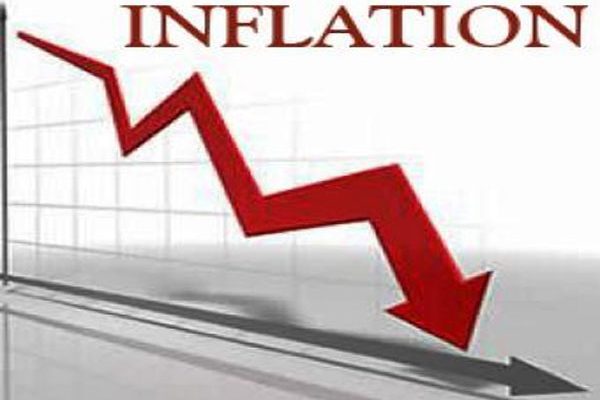
The Monetary Policy Committee (MPC) has reported a significant increase in inflation rates for the third quarter of 2024, citing soaring food prices as a primary driver. However, the committee remains optimistic, forecasting a significant decline in inflation for 2025.
Overall inflation rose to 33.9 per cent, up from 32.8 per cent in the previous quarter. Food inflation surged to 42.5 per cent, while non-food inflation remained relatively stable at 22.3 per cent.
Following a review meeting, Monetary Policy Committee Chairperson Wilson Banda stated that despite the current surge, the MPC forecasts inflation to average 32.5 per cent in 2024, with expectations of a significant decline in 2025.
He stated: “Headline inflation is expected to decline significantly in 2025, largely on account of a supportive monetary policy stance, anticipated better climatic conditions and favourable base effects.”
The statement attributes the projected decrease to a supportive monetary policy stance, improved climatic conditions, and favourable base effects. However, the MPC expressed concerns regarding the rapid growth in money supply, posing a risk to the inflation outlook.
In response, the MPC has decided to increase the Liquidity Reserve Requirement (LRR) ratio for domestic currency deposits by 125 basis points to 10.0 per cent while maintaining the policy rate at 26.0 per cent and the Lombard rate at 20 basis points above the Policy rate. The LRR ratio for foreign currency deposits remains unchanged at 3.75 per cent.
In making this decision, the Committee noted that although inflation has remained elevated, there are strong prospects of slowing down from the fourth quarter of 2024, on account of favourable base effects.
The Committee also noted that money supply continues to grow sharply, posing risks to the inflation outlook. In this regard, the MPC believes that tightening through LRR ratio for domestic deposits will slow down the money supply growth pressures and enhance the envisaged inflation deceleration process in the short to medium term.














